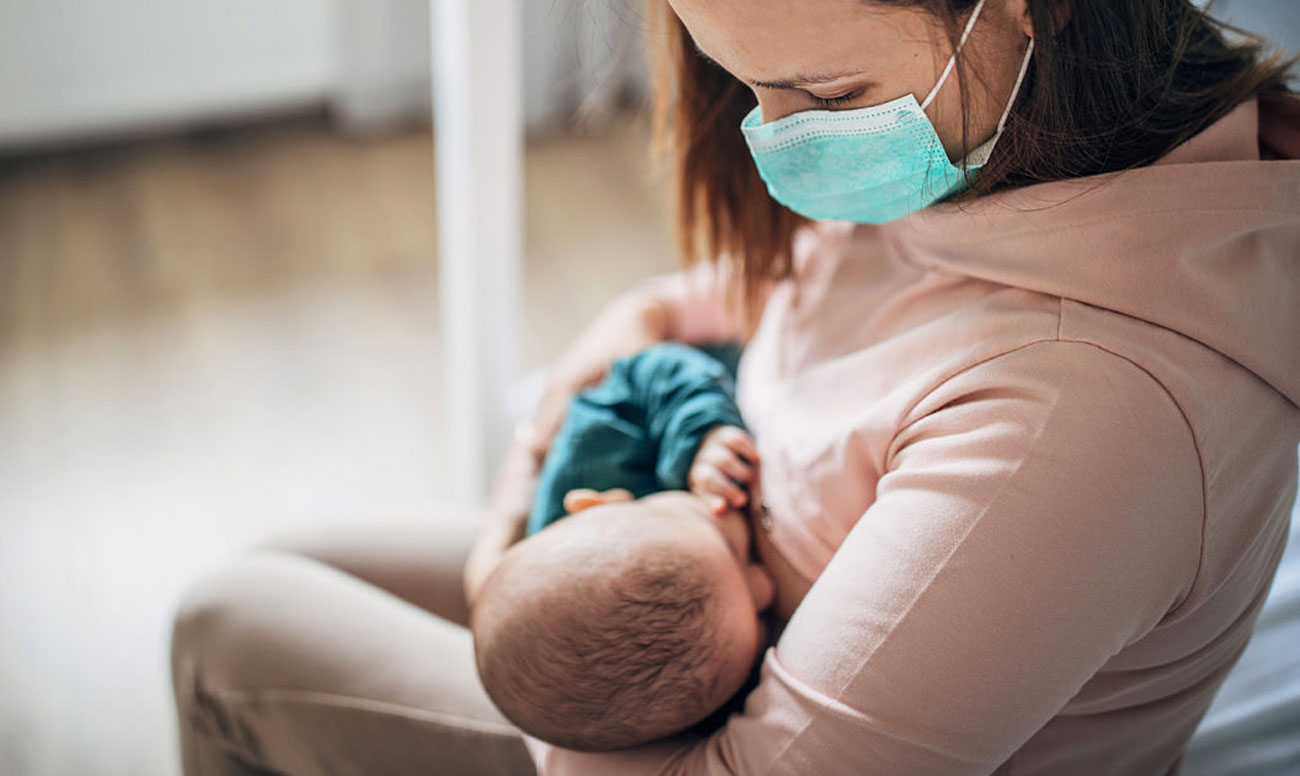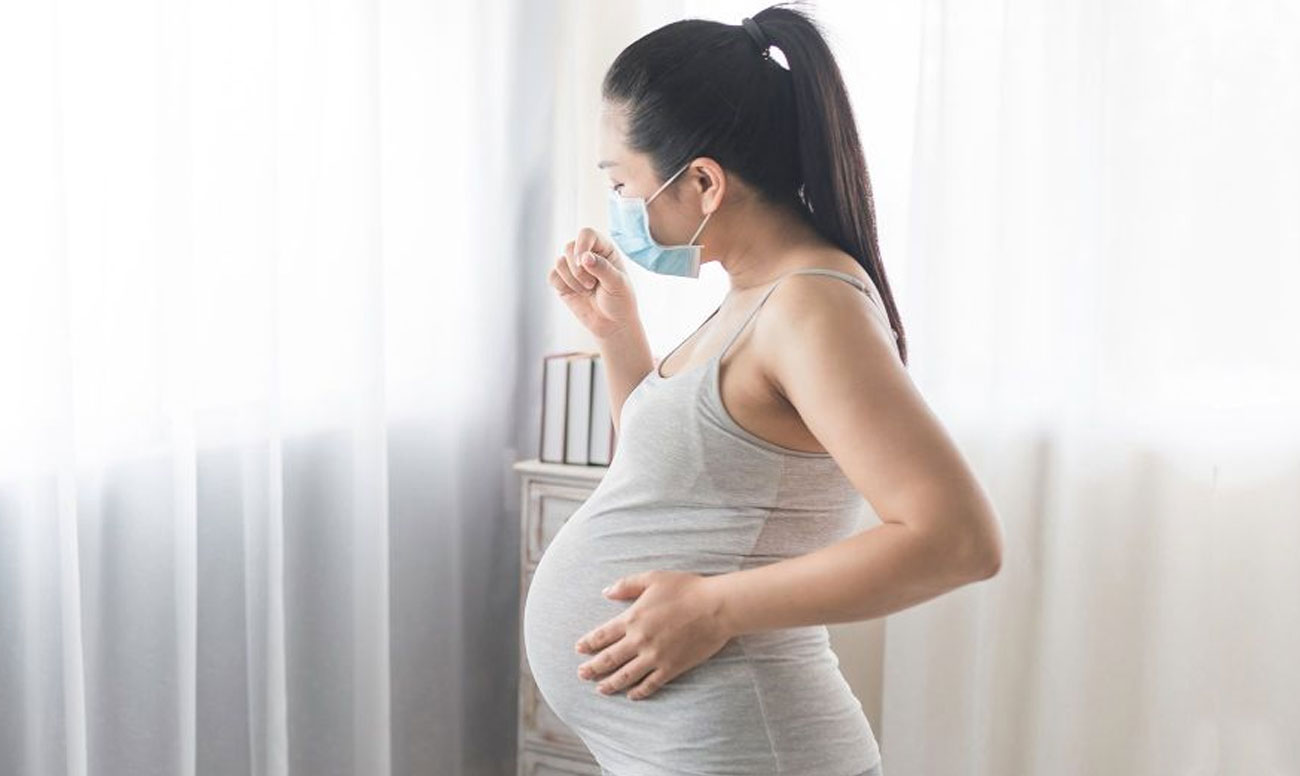
Awesome Women
One year of lockdown: How doctors, nurses rendered selfless service braving risks
As India went into a lockdown a year ago to curb the spread of COVID-19, doctors, nurses, and healthcare workers battled the disease on the frontlines, saving the lives of patients while risking their own. HerStory documents the experience of three such frontline warriors.
As a nationwide lockdown to curb the spread of COVID-19 began on March 25, 2020, most people had to confine themselves at home. But for frontline workers including doctors, nurses, and healthcare staff that was never an option.
They endured long shifts wearing personal protective equipment (PPE), their working conditions were often less than satisfactory, and they were constantly at risk of catching the coronavirus disease. But through it all, they remained resilient and saved the lives of many patients.
Dr Arockia Virgin Fernandes,
Her Story spoke to some doctors and nurses about their experience on the frontlines during the last year.
Arockia Virgin Fernando
In the 16 years that Arockia Virgin Fernando has been practising as a gynaecologist, she had never examined patients virtually — that is, until COVID-19 struck and forced her to work remotely for a month.
Working with a phone camera to examine patients was a challenge, but Arockia got used to it.
As an infertility specialist and reproductive endocrinologist at Cloudnine in Bengaluru, it was important for her to keep checking the condition of pregnant women. So by mid-April, she had returned to the hospital. However, there was a lack of PPE and other equipment, says Arockia.
“There was a shortage of masks, sanitisers, and PPE kits,” she says. “So, we saved these resources for departments in critical need and made do with an operation theatre gown as PPE, along with masks and gloves. However, wearing face shields during surgeries in the OPD was difficult because the shield would become hazy from our breath.”
She says the pandemic reminded her of the importance of following basic practices, including handwashing techniques, that she had learnt as an MBBS student years ago.
“It is the small habits that matter and can make a huge difference,” she adds.








